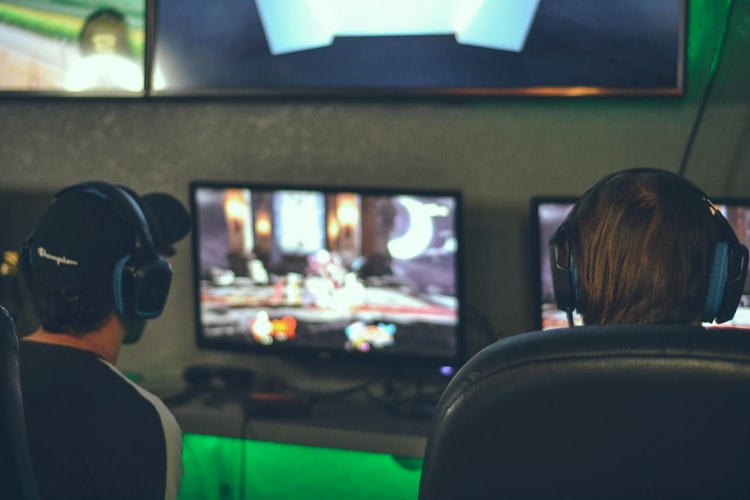
Chinese media giant Tencent is set to lose out, as escalating military tension sees India cut ties with the firm – alongside many other companies. Tencent previously held the rights to PUBG Corporation in India, but the move was part of a wider operation from the Indian government to sever ties with the Chinese state, following a series of clashes on the north Indian border.
PUGB Mobile is one of the most popular online video games in the world, with over 400 users in 2019 alone. The primary problem for Tencent, is that of those 400 million, around 50 million hail from India, meaning that the latest sanctions are sure to hurt the tech firms bottom line. A total of 118 Chinese apps have been banned by the Indian government, a sure-fire sign of just how seriously the nation is treating the border dispute.
PUBG Corporation is still owned by South Korean company Krafton, but despite the geographical location of their headquarters, the firm still wasn’t safe from being banned - as Tencent retains an 11.5% stake in the brand. Krafton will invariably be hit financially by the loss of the Indian market, as PUBG Mobile was the biggest selling game of 2019, outperforming Tencent’s own Arena of Valor.
India’s best casinos can be found here
The main concern for Indian consumers will be that move could precipitate additional actions against other Chinese companies with a presence in India. Arena of Valor and WeChat were both widely popular outside of mainland China, but both have now also been added to the banned list within India. The recent political turmoil has undone years of Tencent led investment in India, as the E-commerce company Flipkart had previously received backing from the tech giant.
While the ban will come as a blow to all parties involved, Tencent are seemingly in the best position to be able to absorb any losses. With a diverse portfolio, including gaming, social media and digital advertising pursuits, they aren’t solely reliant on any one company or product. On the contrary in fact, as Sensor Tower estimates[1] that PUBG profits last year accounted for only 0.9% of the company’s total profits.
In effect, despite the loss of India as a widespread market, the primary concern of Tencent has been, and likely always will be the mainland. This is where the vast majority of their clientele originates from, and therefore, where its priorities lay for the foreseeable future. However, an issue may begin to arise if other nations start to follow India’s lead. A growing feud over trade policy and the reputation of Chinese tech companies has led to the USA banning several foreign apps. President Trump is set to ban WeChat imminently, with the Chinese social media platform deemed a national security risk.
In essence, the recent moves from India and the U.S have the potential to unleash a technological Cold War, where other states around the world start to banish firms like Tencent, in an attempt to nail their colours to the mast. This hasn’t taken place yet, but the latest chess moves do point to a wider issue - that of technological nationalism.
In summary, while India’s ban on Chinese apps isn’t critical in terms of Tencent’s bottom line, it also isn’t set to derail their ambitions moving forwards. PUBG Mobile’s popularity in India means that the ban is most certainly significant to millions of people - and it will invariably harm the games overall brand and presence in the world. However, one suspects that Tencent and indeed the Indian government have bigger fish to fry - and more prescient concerns closer to home.
